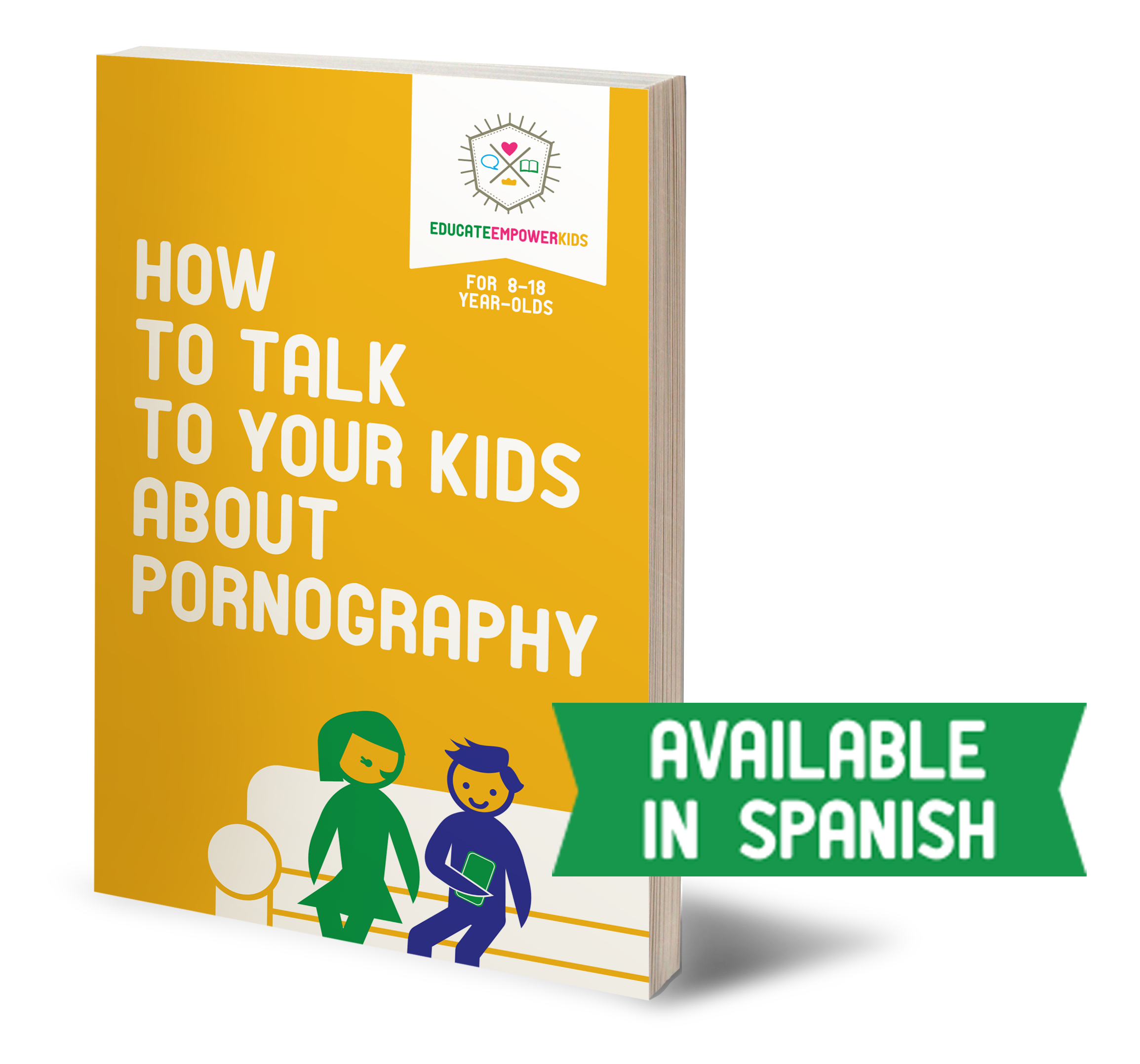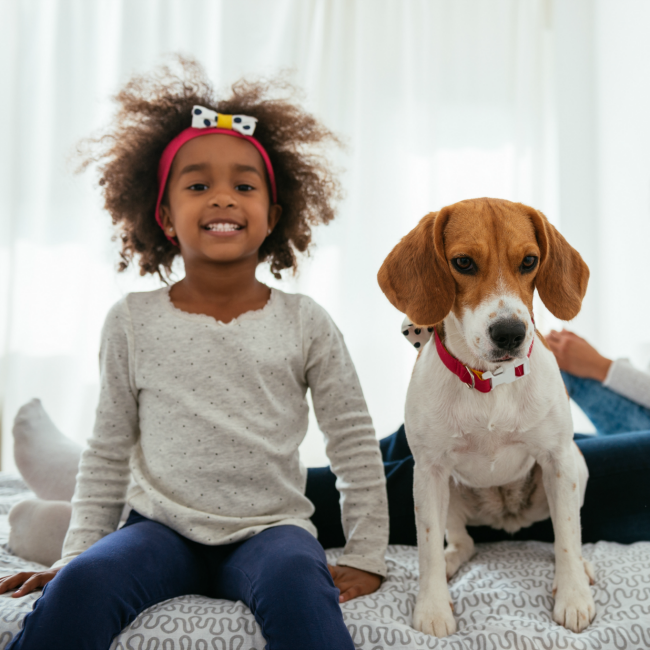I wasn’t prepared for my first “porn talk” with my kids. About three years ago, I was scrolling through Facebook and came across an article about teen porn consumption. The assertions of the article were so shocking to me that I couldn’t quite believe them. I had to do more research.
After a few of hours of reading, I was convinced that pornography was dangerous and that I needed to warn my kids! I knew I could not wait and that I had to talk to my kids that day. It wasn’t the most eloquent, nor the most brilliant discussion I have ever had with my kids. But my words were heartfelt and conveyed to my children that I cared more about them than anything else. They understood that their mom loved them and would approach this tough topic even if it was embarrassing, inconvenient, or just sad to talk about.
This conversation opened many doors between me and my children, and I knew it would be the first of many conversations about pornography and its opposite–healthy sexuality. Since that first talk, I have started my own non-profit organization to help parents have these conversations with their kids.
As the organization took shape, we had several goals. But the most important was that we create within our own families a deep, abiding connection. One that would lead to such trust and openness in our families that our kids could ask us not only questions related to sex and pornography, but they could ask us anything. This is what I want for every parent! After researching, practicing and talking with many experts, I have found several important factors in creating such an environment.
Here are some ways you can establish trust and openness in your home:
Make home a refuge from the storms of life. Our kids spend most of their time in shifting environments and with people who may or may not accept them. Make your home a place where they know they can trust those around them to support them in times of need.
Have routines, structure, and rules. During times of uncertainty, kids need order to feel safe and secure. Home should be a place where things are reliable and as balanced as possible. Predictable, reasonable rules and consequences help protect and prepare your kids as well.
Avoid using shame. Help your child understand that it’s okay to feel guilt when he makes a mistake, but that he is not a “bad” or terrible person. Also, any discussions about pornography should lead to positive notions about healthy sexuality. It is important to convey that sex is not bad, dirty or shameful. By talking positively about sex, you can help him see that sex is beautiful and amazing.
Stay calm. Many parents experience anxiety or fear when discussing sex or pornography with their kids. First, take your emotional level down when discussing these topics. Be calm and matter-of-fact during these conversations. If you are calm, your kids will be calm.
Create a “safe zone.” During “safe zone” conversations, your child should feel free and safe to ask any questions or make any comments without judgment or repercussion. She should be able to use the term “safe zone” again when she wants to discuss, confide, or consult with you about tough subjects.
Look at serious, deeper “talks” as a chance to grow closer. If talking about challenging topics like porn, sex, politics, spirituality, etc., create feelings of dread inside you, change your perspective! This is a great chance for you and your family members to share real, personal feelings, experiences and opinions. These are the best moments to create closeness and meaningful connection between family members.
You do not need to be perfect in order to build trust and openness in your home. You just need to do your best, and build a little bit each day. You can do this!

Dina Alexander is the founder and president of Educate and Empower Kids, an organization determined to strengthen families by forging powerful connection. She is the creator of How to Talk to Your Kids About Pornography and the 30 Days of Sex Talks and 30 Days to a Stronger Child programs. She received her master’s degree in recreation therapy from the University of Utah and her bachelor’s from Brigham Young University. She loves spending time with her husband and three kids.








0 comments.